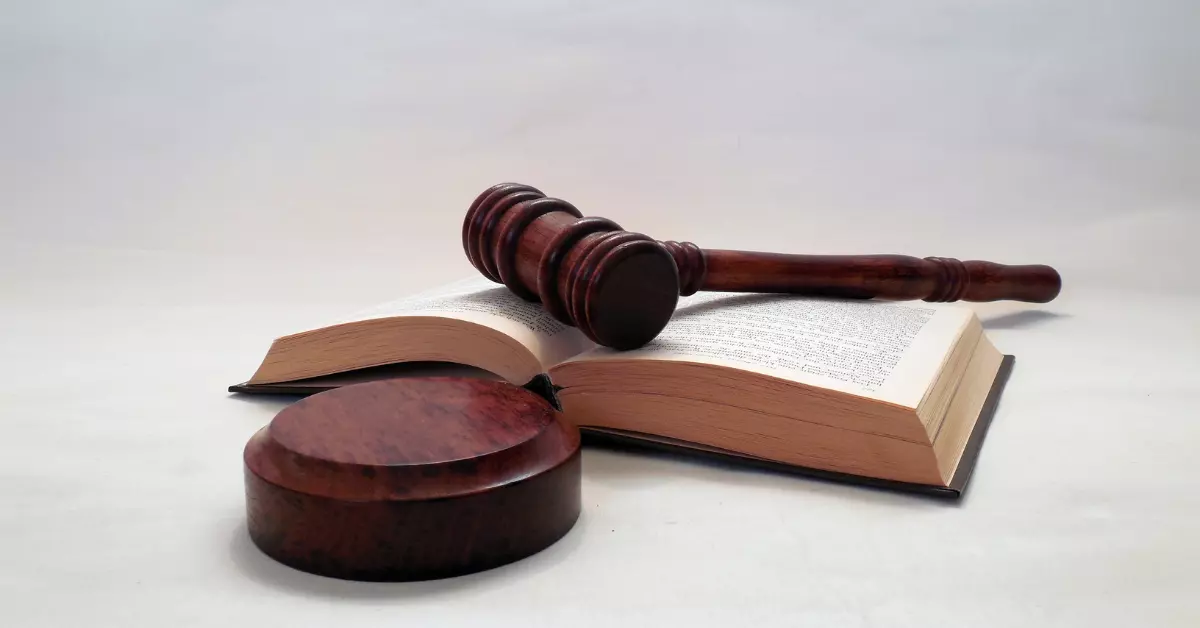What to Do If the Landlord Keeps Your Deposit? Expert Tips
To get your deposit back from a landlord who has kept it, you can send a demand letter and file a complaint with your local housing authority. A security deposit is intended to be returned to the tenant at the end of the lease, but if the landlord does not return it, you have options.
If all else fails, you can take legal action to recover your deposit. However, it’s essential to know your rights and responsibilities as a tenant to avoid any problems and protect yourself from future deposit mistakes.

Understanding Your Rights And Responsibilities
Knowing Your Tenant Rights
As a tenant, you have certain rights that protect your security deposit. Here are some key points you should know:
- Landlords cannot withhold your deposit for normal wear and tear of the property.
- Withholding a security deposit without a valid reason is illegal.
- If you believe your landlord is wrongfully keeping your deposit, you have the right to sue in small claims court.
- You have the right to receive a written notice explaining the reason for any deductions from your deposit.
Reviewing The Lease Agreement
Before signing a lease agreement, it’s crucial to read it thoroughly to understand the terms and conditions. Here are key points to consider:
- The lease agreement should clearly outline the security deposit amount and any conditions for its return.
- Take note of the timeline for requesting the security deposit after you move out.
- Make sure the lease agreement mentions any items that are excluded from the security deposit.
- If there are any questions or doubts regarding the lease agreement, clarify them with your landlord.
Understanding Local Laws And Regulations
Each state and city has specific laws and regulations that govern the security deposit return process. Here are key things you should know:
- Check your state’s laws about security deposit amounts, timelines, and return procedures.
- Some states require landlords to keep the deposit in a separate interest-bearing account.
- Certain jurisdictions allow for double or triple damages if landlords withhold deposits in bad faith.
- If you’re unsure about local regulations, consult an attorney or tenant rights organization.

Meeting Your Responsibilities
As a tenant, adhering to your responsibilities is crucial to avoid deposit deductions. Here are key points you should consider:
- Keep the property in good condition, completing any repairs and maintenance on time.
- Follow the lease agreement regarding the handling of the security deposit.
- Take photos before moving in and when moving out to document the property’s condition.
- Give proper notice before moving out, and make sure the property is clean and in good condition.
Taking Action Against The Landlord
If your landlord keeps your deposit, you have legal rights to recover your money. Here are some steps you can take:
Communicating With The Landlord
The first step in getting your deposit back is to communicate with your landlord. Here are some things you can try:
- Call or email your landlord to explain your situation.
- Request a written explanation as to why the landlord is keeping your deposit.
- Request a refund of your deposit.
Sending A Demand Letter
If your landlord refuses to return your deposit, you can send a demand letter. Here are some tips to consider:
- Send the letter via certified mail with a return receipt requested.
- Provide the date when the lease was signed, the amount of the deposit, and the date it was paid.
- Explain why you are entitled to the deposit, and demand its return by a certain date.
- State that you will take legal action if the landlord fails to return the deposit by the stated date.
Requesting A Walk-Through
Another option is to request a walk-through of the rental unit with your landlord. Follow these steps:
- Request a walk-through in writing via email or certified mail.
- Request that the landlord provide you with a written list of any issues that need to be addressed to ensure that you will receive your deposit.
- Schedule a time for the walk-through, and take photographs of the rental unit before and after the walk-through.

Filing A Lawsuit
If your landlord still refuses to return your deposit, you can file a lawsuit. Here are some options to consider:
Filing In Small Claims Court
- Consider filing your lawsuit in small claims court, especially if the amount of the deposit is within the court’s jurisdiction.
- Make sure you have all the necessary paperwork, including your lease agreement, written correspondence with your landlord, and photos of the rental unit.
Representing Yourself Or Hiring A Lawyer
- You can represent yourself in small claims court or hire a lawyer to assist you.
- A lawyer can help you prepare your case, advise you about the law, and represent you in court.
Utilizing Mediation Or Arbitration
Mediation or arbitration may be an option to consider. Here are some things to keep in mind:
Working With A Neutral Third Party
- A mediator or arbitrator is a neutral third party who assists parties in reaching a settlement.
- Mediation is often faster and less expensive than litigation, and the process is confidential.
Reaching A Settlement Agreement
- If you reach a settlement agreement, it will be reduced to writing and signed by all parties.
- The settlement agreement should specify the terms of the agreement and the actions that the landlord will take to return your deposit.
Frequently Asked Questions for What To Do If The Landlord Keeps Your Deposit?
What Can I Do If My Landlord Withholds My Deposit?
If your landlord withholds your deposit, send a demand letter asking for its return. If that doesn’t work, consider legal action.
Can I Sue My Landlord For Not Returning My Deposit?
Yes, you can sue your landlord for not returning your deposit. First, make sure you’ve exhausted other options like demand letters.
How Do I Avoid Landlord Deposit Disputes?
Avoid deposit disputes by taking photos of the rental before moving in, reviewing your lease, and keeping a record throughout your lease.
Is My Landlord Required To Provide A Reason For Withholding My Deposit?
Yes, your landlord is required to provide a reason for withholding your deposit. If you don’t agree with the reason, consider legal action.
Conclusion
When the landlord holds your deposit, it’s your power move to know your rights and take action. Arm yourself with documentation, send a formal request, and if needed, take them to small claims court.
Remember, your deposit isn’t a bonus, it’s your money. Stand firm, you deserve it.
Reference
https://selfhelp.courts.ca.gov/guide-security-deposits-california